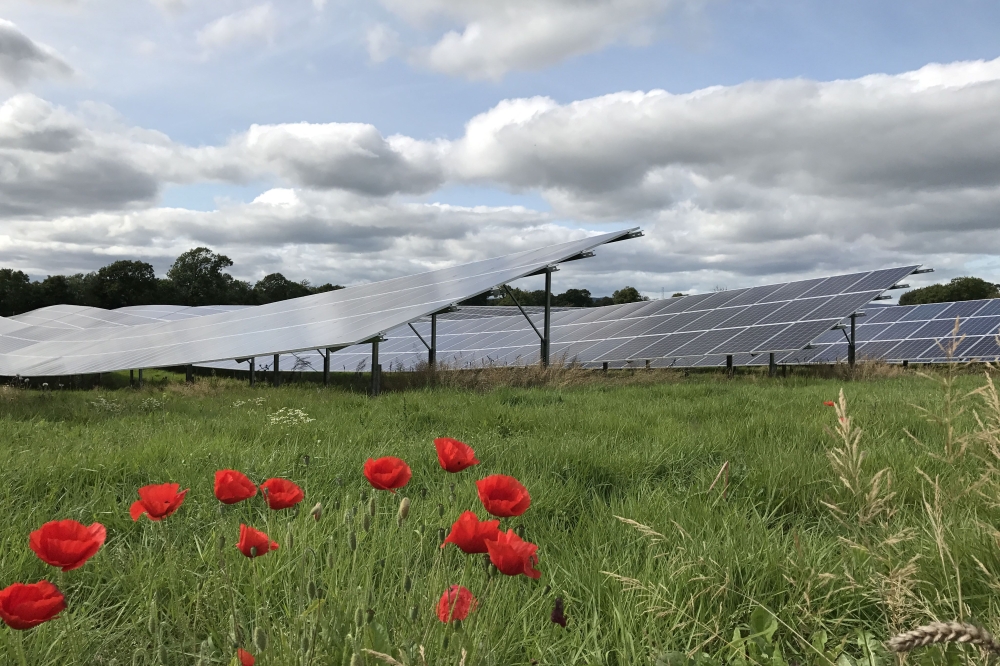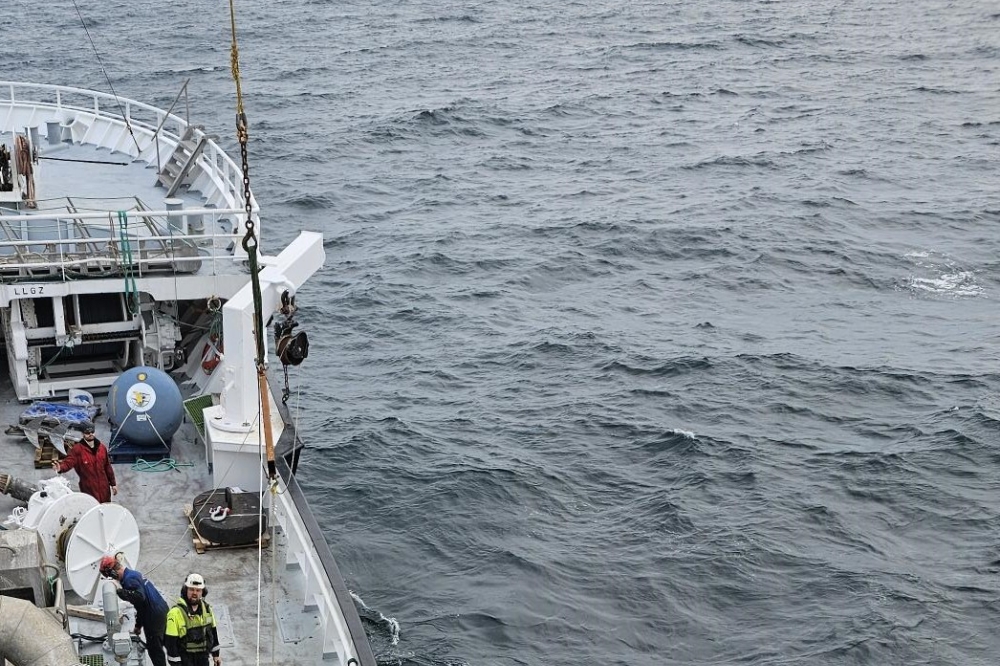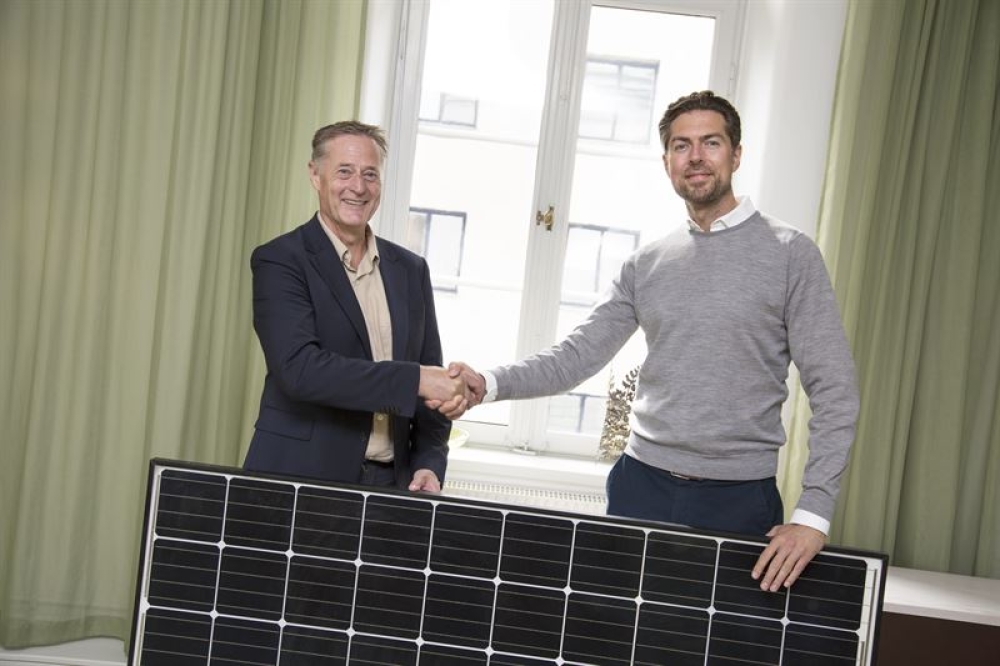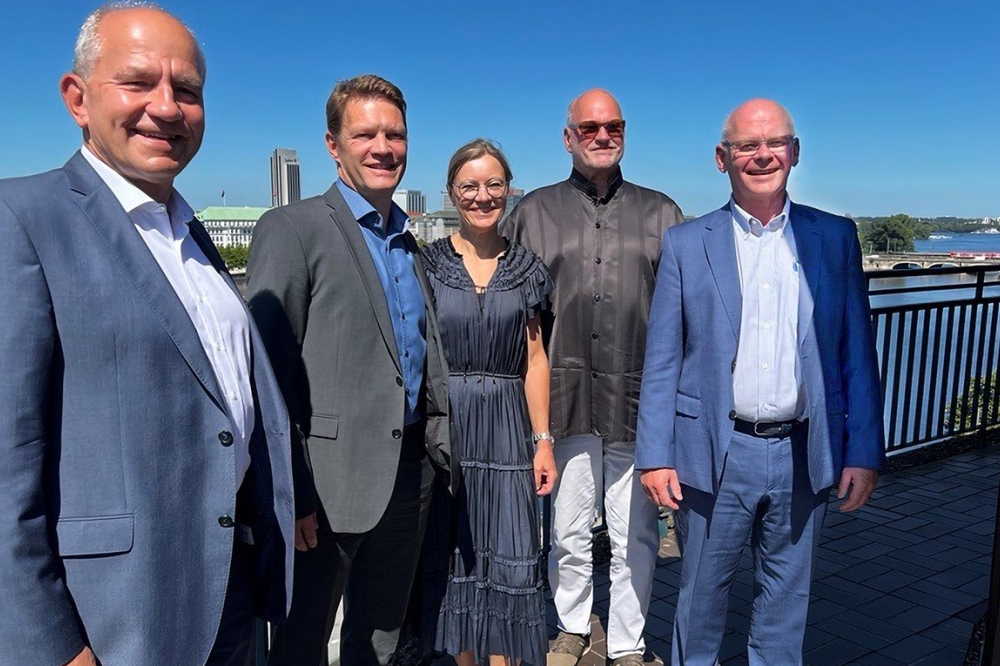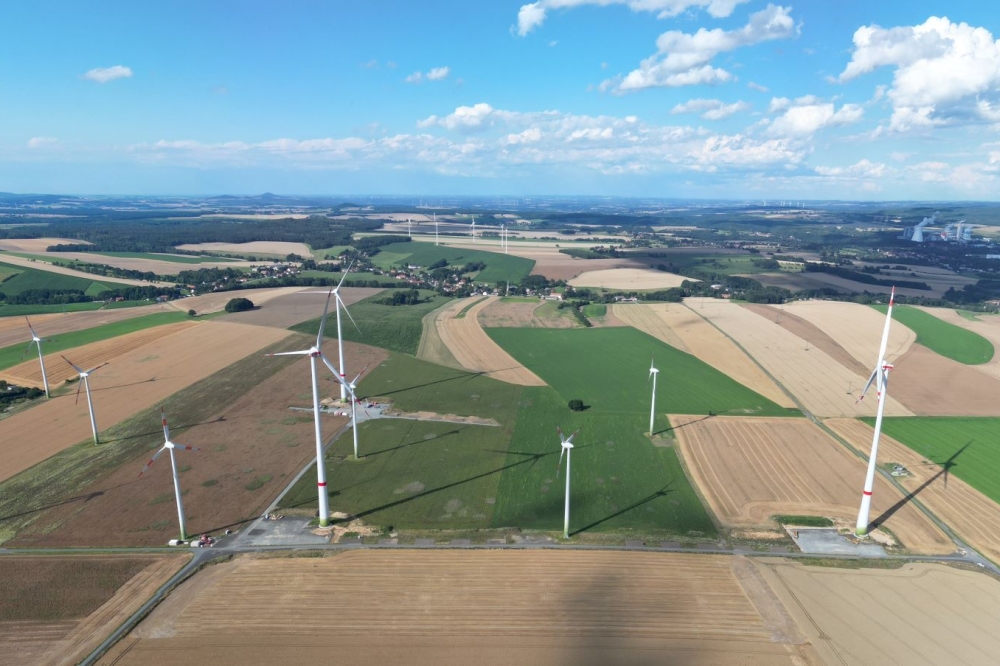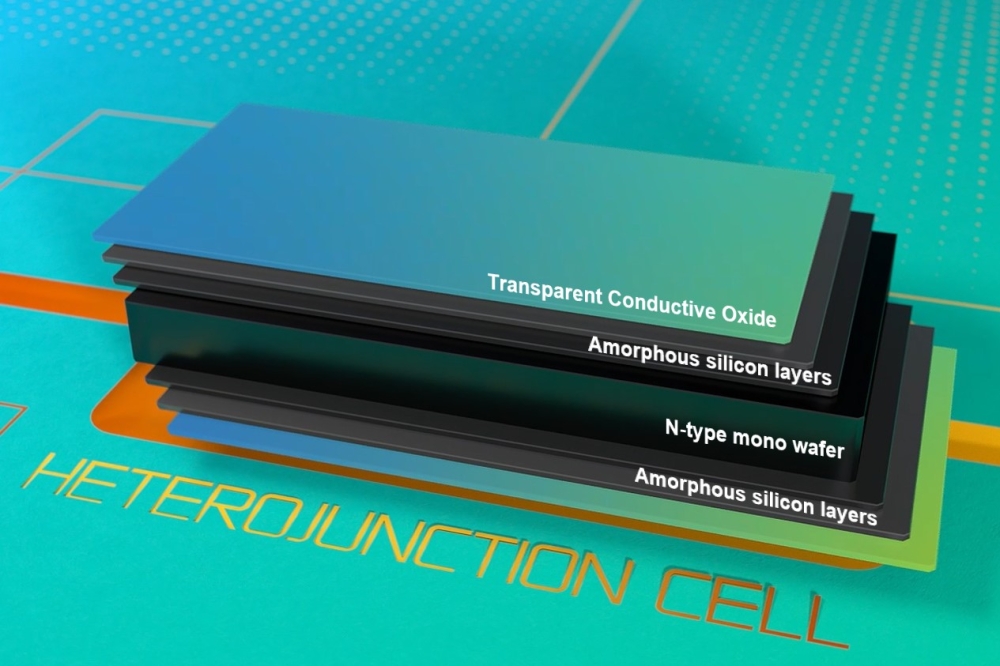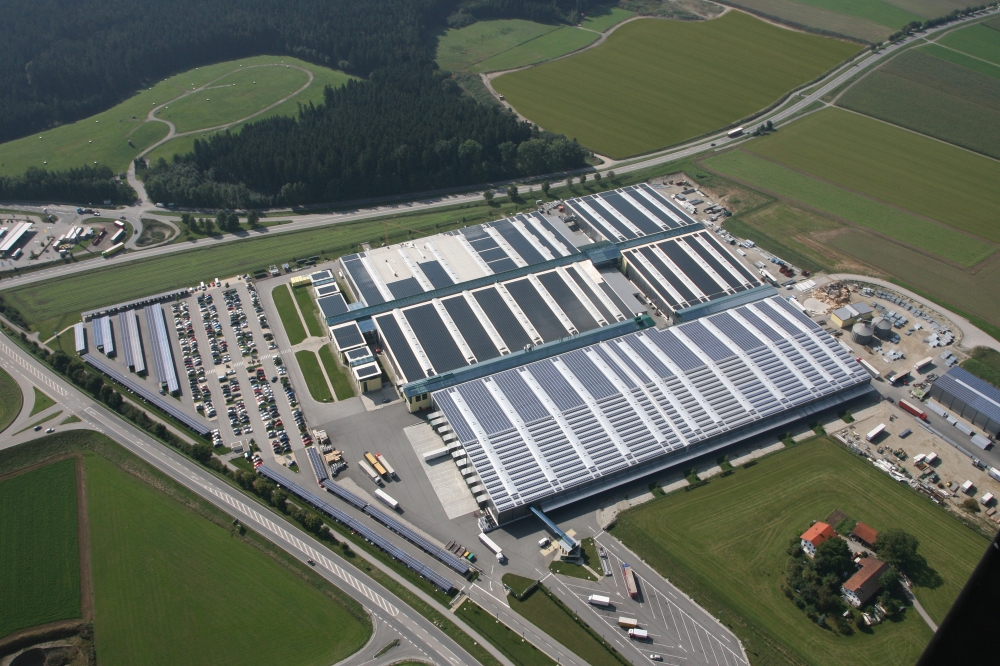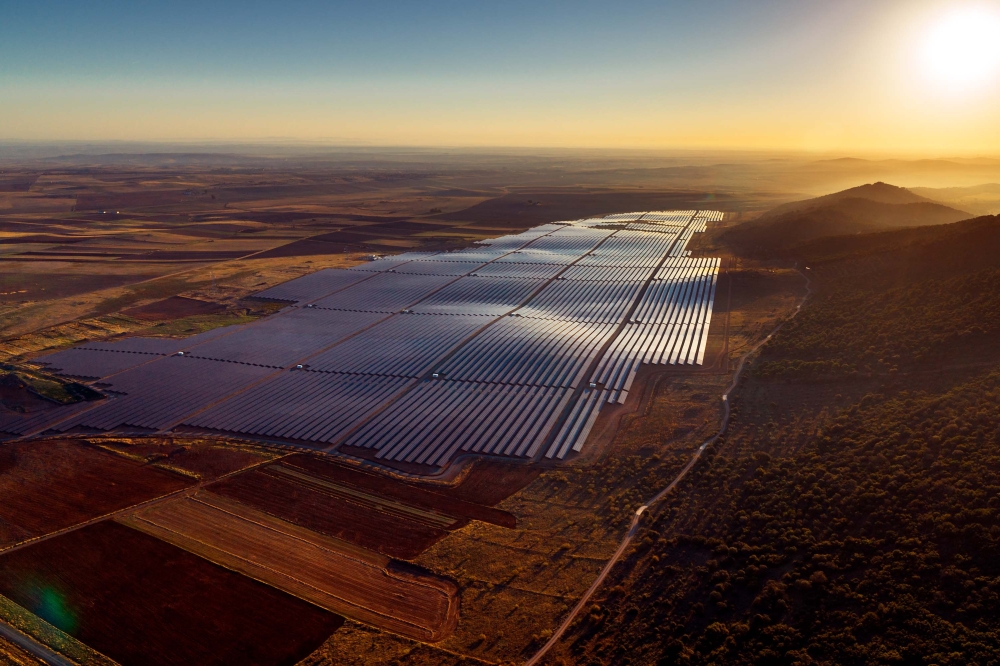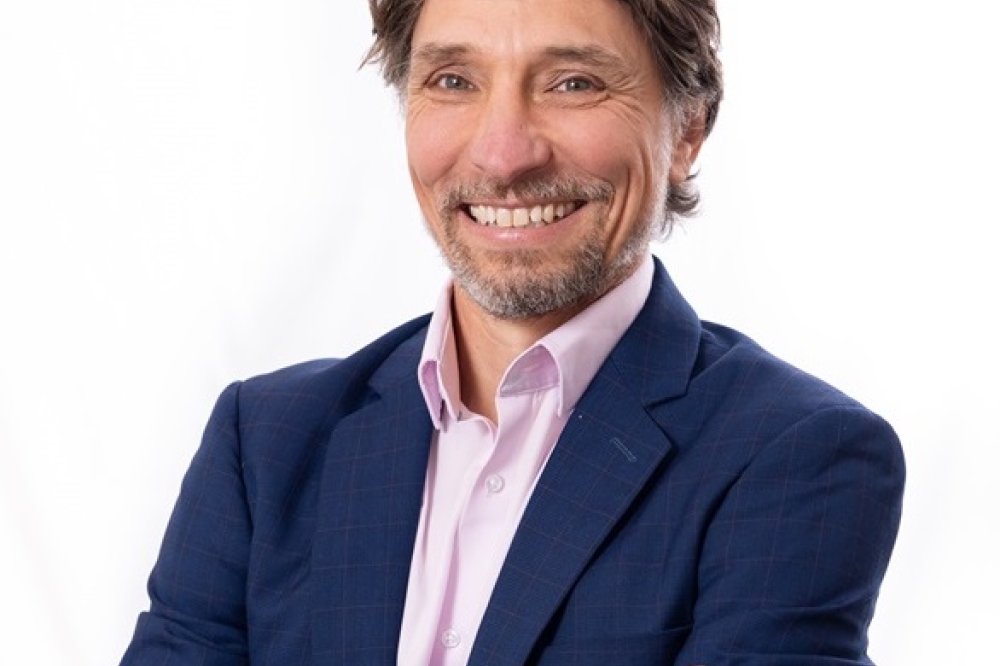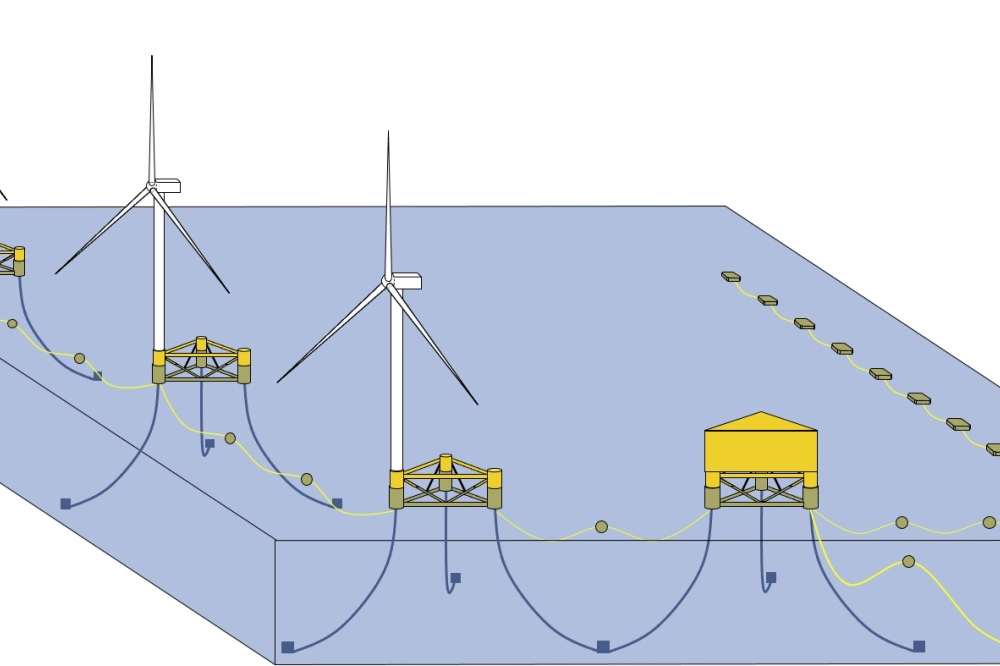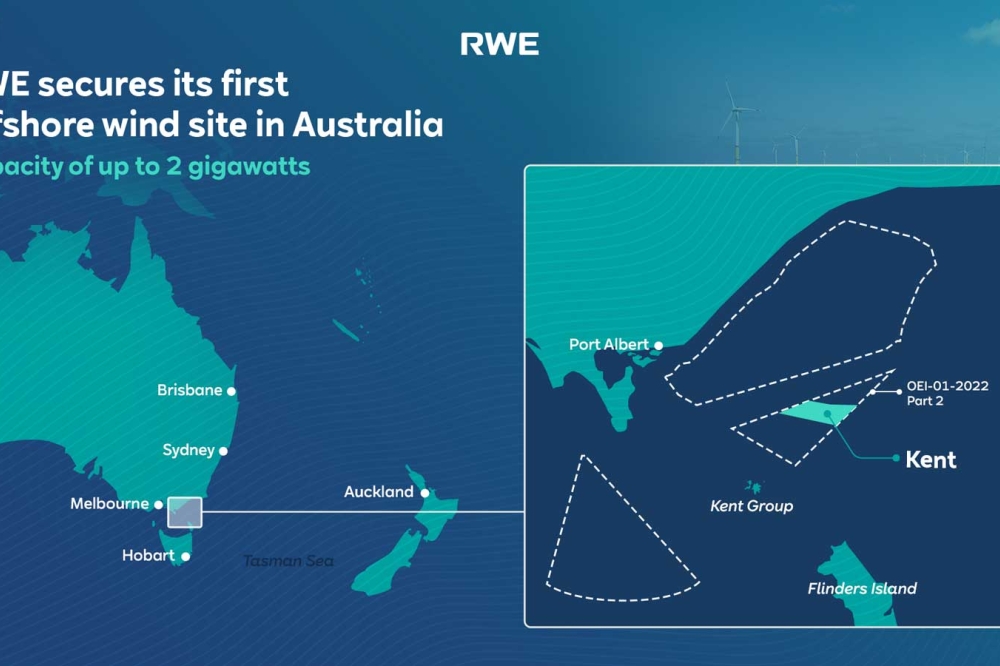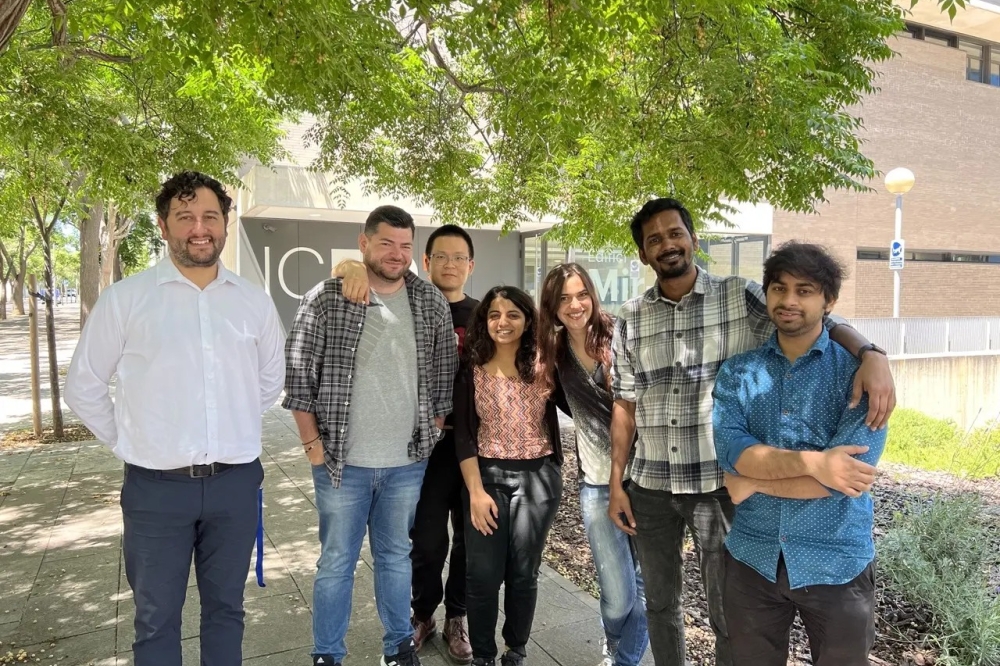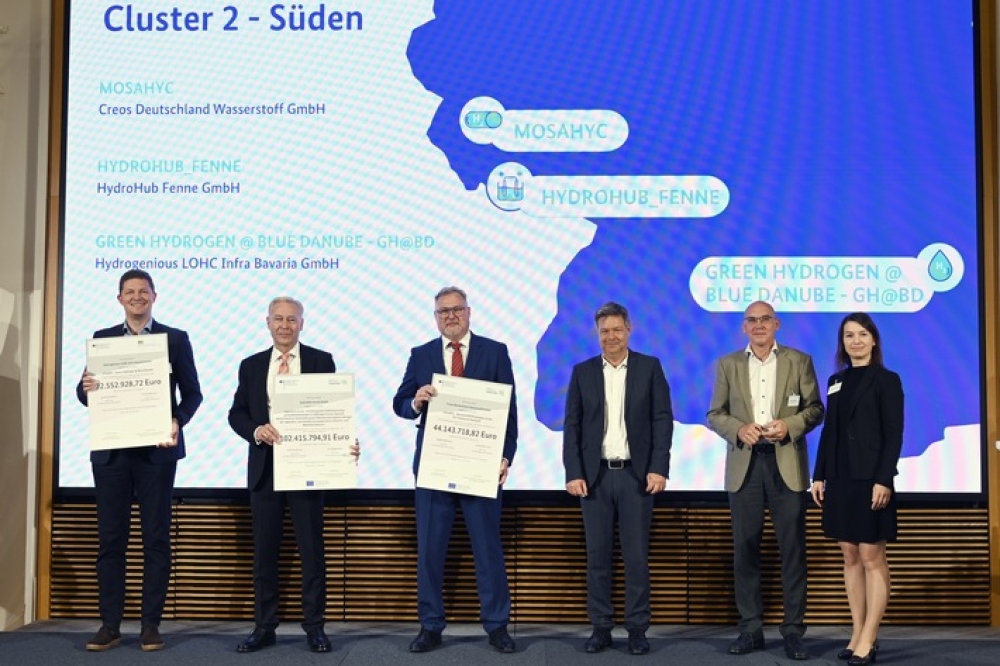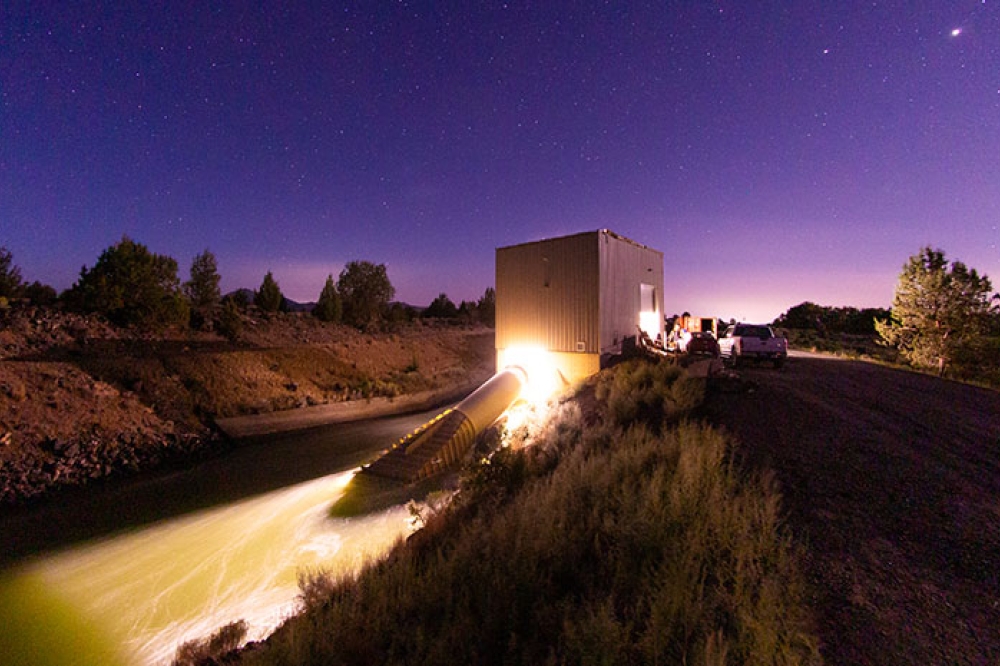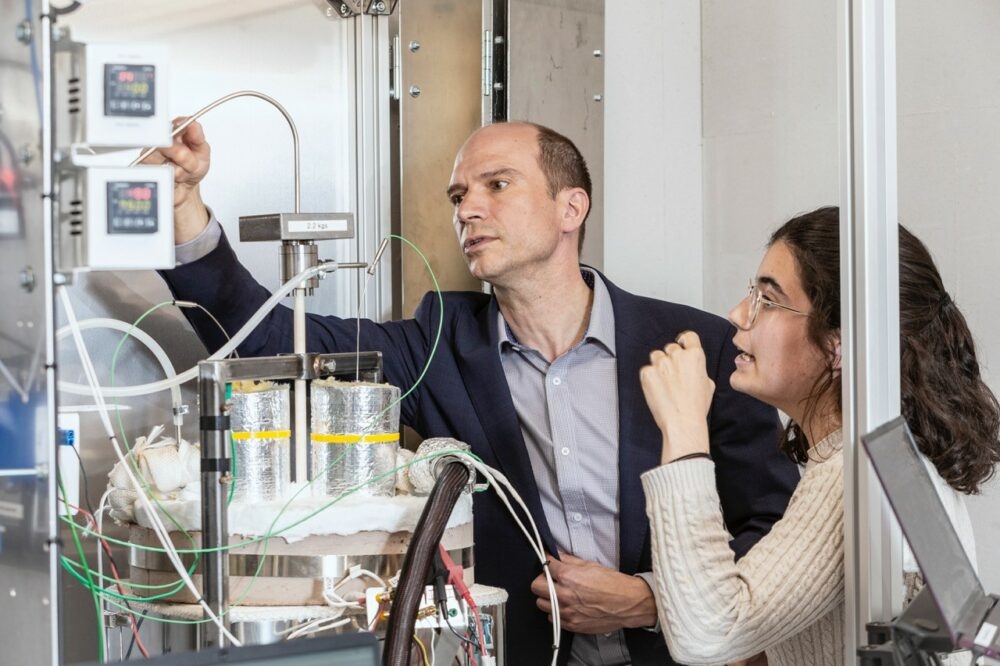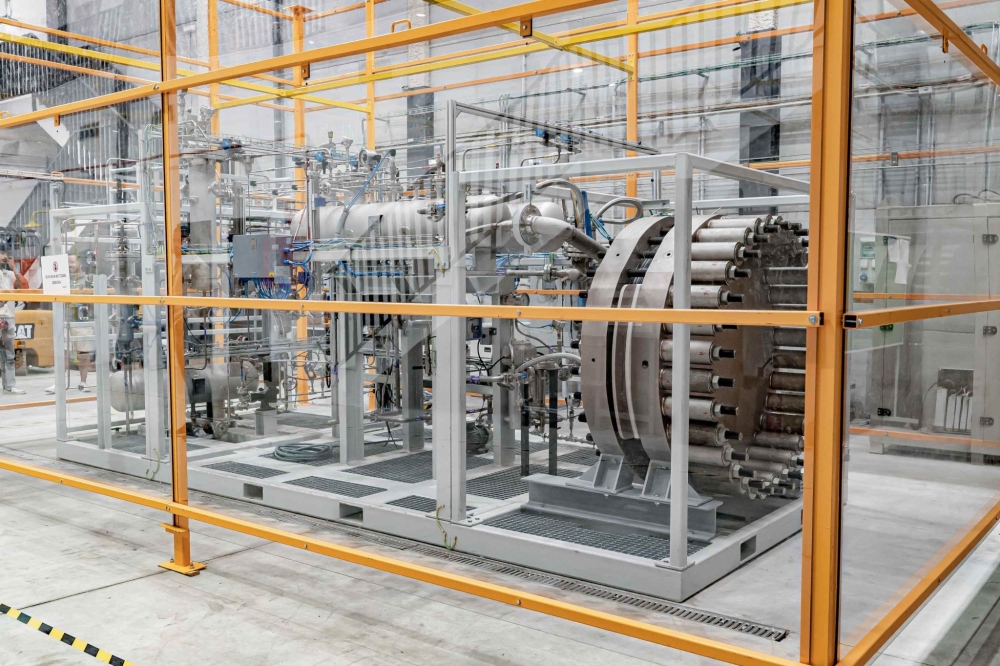Socomec and SellPower experience booming battery storage demand in Sweden
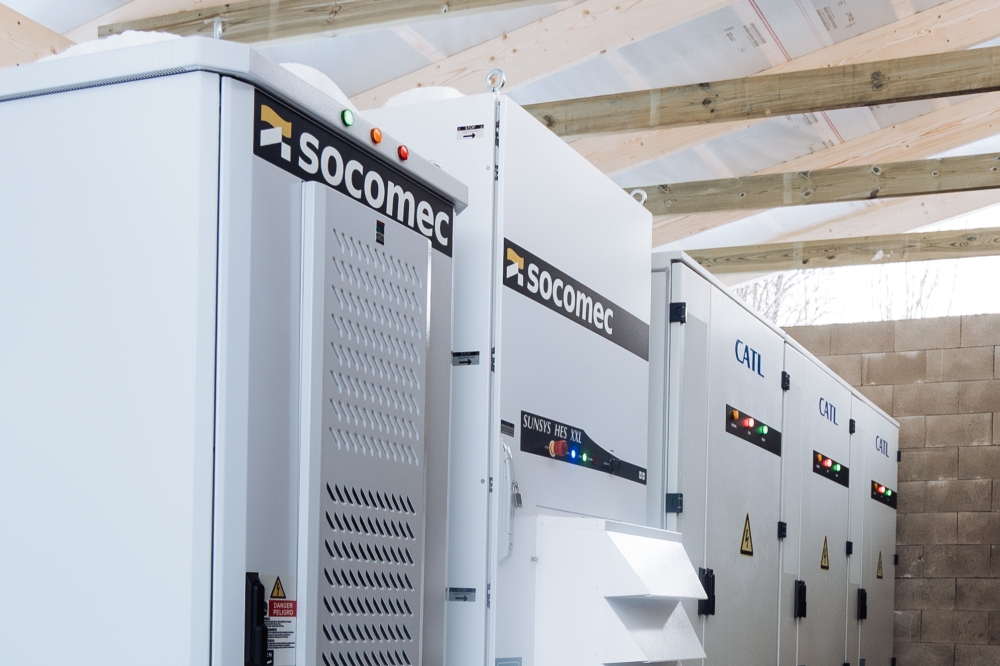
Socomec, the global manufacturer of battery energy storage solutions, and its distribution partner SellPower Nordic AB (SellPower), a specialist in smart solutions for the production, storage and distribution of energy, report rising demand for battery storage systems in Sweden. Demand has been driven by the need to regulate frequency fluctuations across renewable-powered grids and relieve pressure on the grid from EV charging. Sellpower, which distributes Socomec’s state-of-the-art battery energy storage systems (BESS) for on-grid and off-grid applications across the region, has seen its BESS sales double over the past 12 months, with hundreds of additional projects awaiting regulatory approval.
Sweden’s accelerated adoption of renewable energy, now accounting for over 60% of its power generation, has introduced grid frequency fluctuation and stability challenges. This surge in intermittent renewable energy usage has driven a major increase in demand for Socomec’s BESS solutions to maintain frequency regulation and prevent blackouts, facilitate wholesale arbitrage, and manage imbalances across a variety of sectors from agriculture and utilities to industrial manufacturing. SellPower is seeing the greatest demand for Socomec’s SKID battery storage systems due to their ability to be rapidly relocated to sites of greatest demand.
Investment in Socomec’s BESS solutions for grid frequency response in Sweden enables Swedish end-users to optimise revenue from their storage assets, achieving a return on investment within 2-3 years. The systems are easily deployable, modular and have open APIs, enabling them to be quickly moved and adapted to different applications from grid frequency services to peak shaving and energy arbitrage, allowing the technology to respond to varying market demands.
Demand for roadside batteries is also rising amidst growing EV adoption with the Swedish government’s ambitious target to reduce transport emissions by 70% by 2030. The availability of Socomec’s compact and modular solution the SUNSYS HES L SKID, enables faster deployment of EV charging infrastructure. The system provides up to 600kVA for ultra-fast charging and its mounted design makes it easily transportable and deployable. With minimal installation time, the technology also reduces the need for extensive civil works. This flexibility allows for installation at various sites during the systems lifetime; if an EV site with a Socomec SUNSYS HES L SKID finally gets a more powerful connection to the grid, the system can be moved to another site.
Rémy Fassler, Area Sales Manager & Business Operations in Scandinavia, at Socomec, said: “As Europe increasingly moves towards renewably powered grids, battery storage will be essential to ensure grid security, flexibility, and reliability. Having SellPower as a partner enables us to have a local technical expert on the ground to guide the implementation of battery storage across industries as diverse as concrete and agriculture. Our modular, mobile technology enables organisations to provide a wide range of on-demand services, from frequency regulation to peak shaving and energy arbitrage, wherever they are needed. Energy storage is crucial to achieving net zero in Europe; it's not just a short-term fix but a long-term solution that ensures a sustainable and reliable energy sector for today and tomorrow.
Andreas Ekberg, Co-owner at SellPower Nordic AB, commented:
“We’ve partnered with Socomec because they are a trusted partner that brings deep-rooted expertise and high-quality solutions essential for delivering the innovative battery systems we need here in Sweden. The fact that the systems can be easily interfaced with a range of energy management software systems and third-party applications makes them easy to use and provides flexibility for customers. Investing in these innovative storage solutions not only strengthens our grid infrastructure but also offers commercial benefits for businesses to take ownership of their own power needs for their operations. I urge all business owners who require electricity for their operations, from dairy farmers to those in the timber industry, to ask themselves: how are you optimising and protecting your business now and for the next ten years?”



